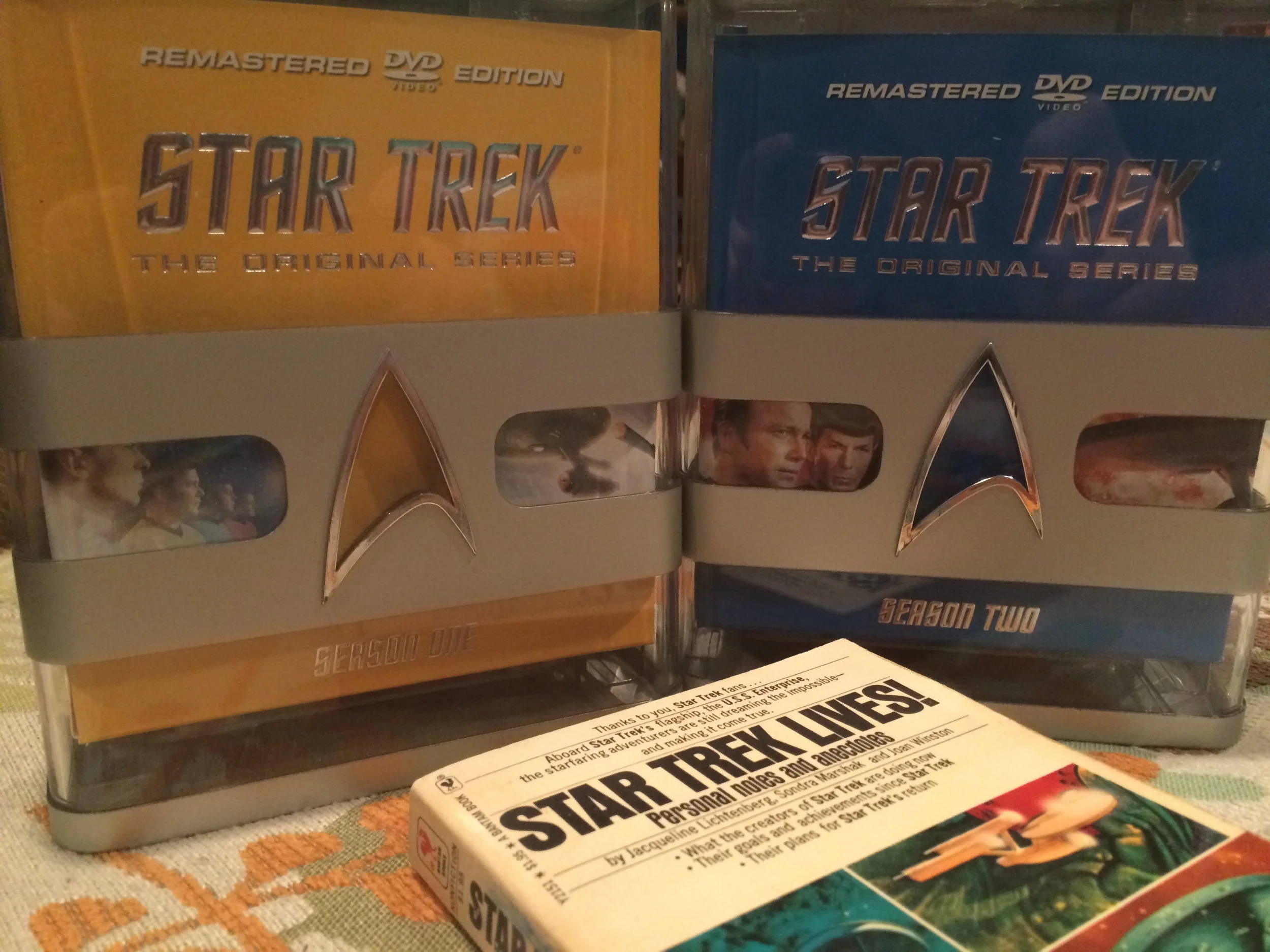Learning from Young People
Even though I am no longer employed by the public school system, I still go back to read with my second grade friend. The transition out of working with kids has been hard—I genuinely learned a lot from working with young people. I learned a lot about myself, and my capacity to care for others, and I learned a lot about kids and teaching.
Reading with my buddy has helped the transition though. I go read with him over my lunch break on Thursdays. And even though I’m only with him for a short 20 minutes, I’m still learning from him. He says things that make me stop and think—things that make me ask questions I haven’t asked for a long time.
Children’s author Patricia Polacco recently came to visit the school, and several other Nebraska schools, so her books were on display. I picked out When Lightning Comes in a Jar to read with my buddy, which I had not read before. When I asked him if he had read it already, he said, “Yes. But it’s a good book. It’s good to reread some books.” He sounded so grown up, repeating something I had said to him several times in previous years. It’s funny how life can come full circle like that. Of course it was true, it is a book worth rereading.
This past week we read a chapter out of an I Survived book, which talked about a shark attack. I can’t give too many details because I came in on the middle of a chapter towards the end of a section. But the victim died from the attack. As I finished reading the paragraph about the victim’s death, he said, in a quiet voice I almost didn’t hear, “He died? That makes me sad for him and his family.” Sometimes I forget how sensitive and aware he is about people around him—real or in books. It’s easy to become jaded as an adult and think that the younger generations don’t care about anything but themselves. It’s a common thought process; each generation thinks the next doesn’t care as much as they did. My buddy cared about a man he only just read about.
We also read The Very Hungry Caterpillar by Eric Carle since we only had five minutes left of our time. We got to the page where the caterpillar is described as “fat.” My friend read the whole book to me, and when he got to that word he changed it to “chubby.” It caused me pause. Why did he do that? What conditioned him to change that word? Who taught him that “fat” is a bad word? So after he finished reading I said, “I know that you changed that word because you think it’s a not nice word, right?” He nodded. “I appreciate you trying to be kind, but it’s okay to say that word when it’s written in a book. But it’s not nice to say that about your friends, right?” He nodded again and turned the page. I wanted to say that it’s not nice to call someone chubby either if you’re saying it to hurt someone’s feelings. But I didn’t want to make him feel bad either. How could he know? It reminded me that sometimes in our attempt to be kind we can still say the wrong thing and hurt someone.
I look forward to continuing to read with my second grade friend. He’s going places with his intense imagination and kind heart. I can’t wait to see what lesson he teaches me next.



